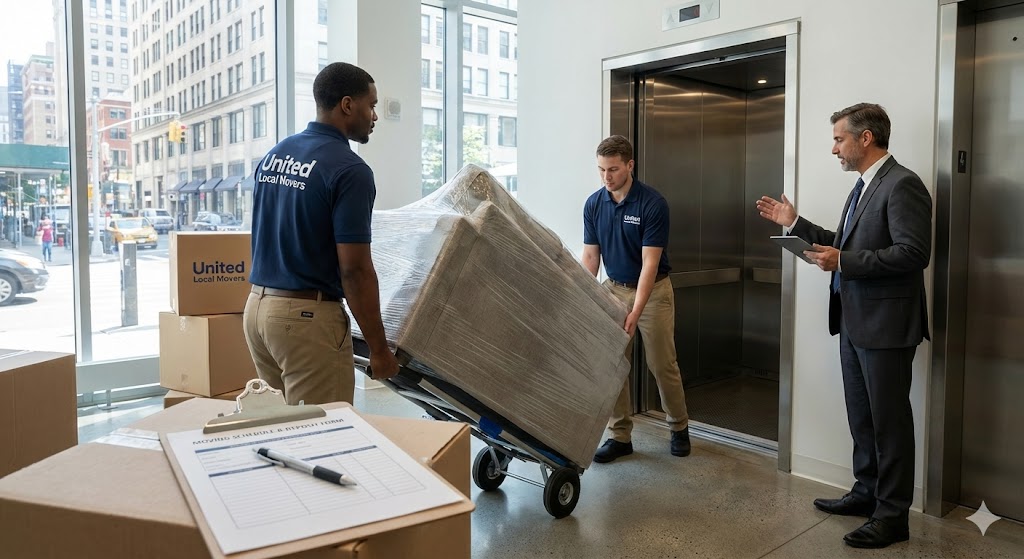The Challenge of Balancing Work and Relocation
Relocating to a new home is one of life’s most significant events, but for those juggling demanding work commitments, it can feel like an impossible balancing act. Moving is not simply about packing boxes and transporting belongings; it requires careful planning, coordination, and time—precisely the resources that professionals often struggle to spare. As deadlines loom and meetings demand attention, the thought of navigating a relocation can be overwhelming. However, with the right approach, it is possible to manage work responsibilities effectively while ensuring a seamless move.
Planning Ahead: The Key to a Smooth Transition
The key to managing work while relocating lies in preparation. A move is rarely a spontaneous decision, which means that as soon as a relocation is confirmed, it’s wise to create a detailed plan. Breaking down the process into smaller tasks and scheduling them around work commitments can help maintain productivity without sacrificing efficiency. For remote workers and professionals with flexible schedules, this might mean setting clear boundaries to distinguish work hours from moving tasks. For those in traditional office roles, requesting time off strategically—perhaps splitting days rather than taking a long absence—can ensure continued work engagement without disruption.
Maintaining Productivity Amidst the Chaos
Packing, coordinating with movers, and handling logistics can create distractions, making it difficult to concentrate on work. To remain productive, it is crucial to designate a workspace that remains untouched by the moving process. Keeping a dedicated area, whether a home office or a quiet corner, allows professionals to focus on their tasks without feeling consumed by the surrounding clutter. Additionally, using noise-canceling headphones, setting clear work priorities, and informing colleagues about availability can help create an environment conducive to maintaining workflow even in the midst of relocation.
For those managing teams or client accounts, communication is key. Setting expectations early, delegating tasks, and being transparent about the transition can prevent last-minute panic. Leveraging technology, such as automated responses, scheduling tools, and remote collaboration platforms, ensures that essential work continues even when a move demands attention elsewhere.
Partnering with Reliable Movers for a Stress-Free Experience
One of the most effective ways to ease the burden of managing work during a move is to enlist professional movers who understand the complexities of a busy professional’s schedule. United Local Movers has built a reputation for providing seamless relocations that allow clients to focus on their work commitments while the physical aspects of the move are expertly handled. By offering flexible scheduling, efficient packing services, and real-time tracking, United Local Movers ensures minimal disruption, allowing professionals to continue working without unnecessary stress.
For those with particularly demanding work schedules, opting for full-service moving solutions can be a game-changer. From packing and organizing to unpacking and furniture assembly, a professional moving team can manage every detail, freeing up time and energy to focus on pressing work responsibilities.
Finding Work-Life Balance Amidst a Major Life Change
Ultimately, managing work responsibilities during a move is about striking the right balance. Accepting that disruptions will occur while also implementing proactive strategies can make the process far more manageable. Whether that means outsourcing tasks, setting boundaries, or taking advantage of professional moving services, the goal is to transition smoothly without work suffering in the process. Moving doesn’t have to mean missed deadlines or compromised performance—when approached strategically, it can be a seamless experience that keeps both work and personal life on track.




